May 24, 2025 | 21:24 GMT +7
May 24, 2025 | 21:24 GMT +7
Hotline: 0913.378.918
May 24, 2025 | 21:24 GMT +7
Hotline: 0913.378.918
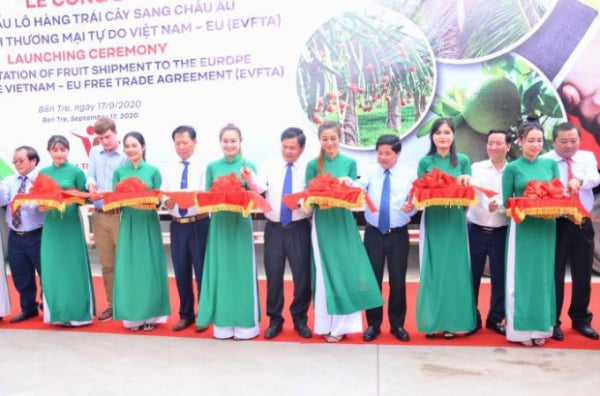
Representatives cut the ribbon to export the first batch of fruit to the European market at Vina T&T Group. Photo: Minh Đảm
The first batch of fruits shipped to the European Union after the EU-Vietnam Free Trade Agreement took effect in August has marked a great success of the Vietnamese fruit industry.
The US$7,000 shipment was exported by Vina T&T Group on September 17, with support from the Ministry of Agriculture and Rural Development (MARD) and authorities in the southern province of Bến Tre.
Of the shipment, there were 20,000 coconuts shipped to the UK market, 12 tonnes of green pomelo fruits to German market, and three tonnes of dragon fruits to Dutch market.
Vina T&T was chosen by MARD to carry out the first export to EU because it is one of the experienced businesses and having a large customer system in the US, China, Japan, and Australia, especially the European market system.

Deputy Minister of Agriculture and Rural Development Lê Quốc Doanh, the fourth from the left, talks with leaders of Vina T&T Group at the packaging factory in the southern province of Bến Tre. Photo: Minh Đảm.
Vina T&T was the first Vietnamese enterprise to export dragon fruit to the US when this market opened in 2008. However, it was not easy to overcome difficulties and keep a foothold in this market due to severe competition among exporters.
CEO of Vina T&T Nguyễn Đình Tùng said his group had no experence at that time. It was thought that after being harvested, fruits were irradiated and then exported. “Due to lack of experience and impact of irradiation, our exported fruits were yellow or damaged, some containers of dragon fruits exported by sea to the US port must be transported to the landfill.”
“Having experenced from these failures, I gained successes from the export of dragon fruit in 2015. At that time, I was studying new preservation technology and looking for directions to diversify products,” he added.
The company has then exported longan, rambutan, five-star fruit, durian and coconut to the US. That is the premise for Vina T&T Group to develop and become a large fruit exporter to difficult markets like the US, Australia and Canada.
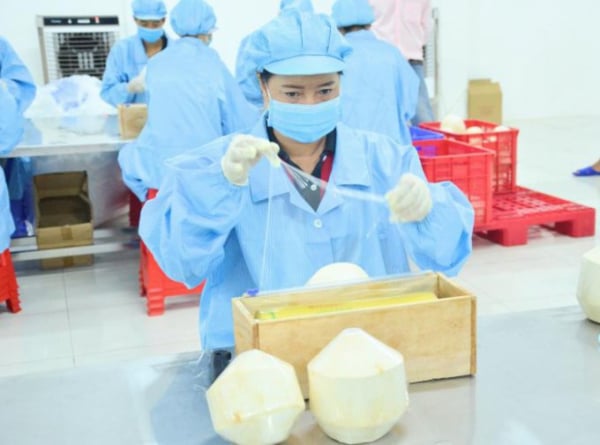
Vina T&T Group has occupied 50 per cent of coconut marketshare in the US. Photo: Minh Đảm.
Tùng said it is necessary to understand clearly the needs of each market, competitors, especially technical barriers. In the US market, it required to have codes for growing areas and packing codes issued by the US, not necessarily certificates like GlobalGAP or VietGAP. Meanwhile, the European market requires GlobalGAP, environmental certification, ISO or HACCP.
“As for the residue of banned substances, there are several substances allowed in Japan, the US and Australia but banned in the Europe. Therefore, enterprises exporting to the above markets must pay close attention,” Tùng said.
Planting is the key
The Vina T&T Group has been granted the codes of growing areas for export to the US, including more than 100ha of longan in Châu Thành in the southern province of Đồng Tháp and 100ha of dragon fruit in Chợ Gạo in the southern province of Tiền Giang.
The group has also built partnerships with gardeners in the provinces of Bến Tre, Long An, Bà Rịa Vũng Tàu, Cần Thơ, Hưng Yên, Sơn La and Hậu Giang.
The group has also invested in building packaging factories coincided with the HACCP and FDI standard, in which they are installed with modern equipment and cold storage system, ensuring the quality of agricultural products for exports.
“To do this, businesses must have enough financial resources to build growing areas, including cost of $2,000 to be granted GlobalGAP standards every two years, and deposit of VNĐ50 million per ha of fruit for farmers at the beginning of the season,” he added.

CEO of Vina T&T Group Nguyễn Đình Tùng. Photo: Minh Đảm.
The group has two packaging factories meeting standards of the US and one packaging factory meeting HACCP standards.
With an annual export turnover of $5 million, marking 20 per cent growth, Vina T&T has confirmed its leading position in the country’s export of fruits.
Author: Minh Đảm. Translated by Thu Giang. Edited by Đức Huy.
/2025/05/22/5250-1-184853_288.jpg)
(VAN) According to a representative from the Central Retail Vietnam, Vietnamese products such as seafood, sweet potatoes, dragon fruit, coffee, and spices hold great potential in the Thai market.
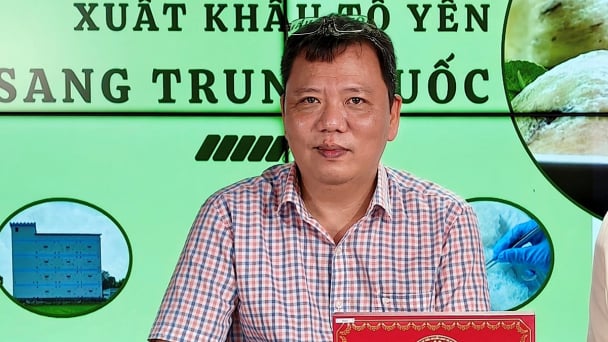
(VAN) A multi-channel, multi-directional strategy only works when the agricultural value chain meets global transparency and SPS standards.
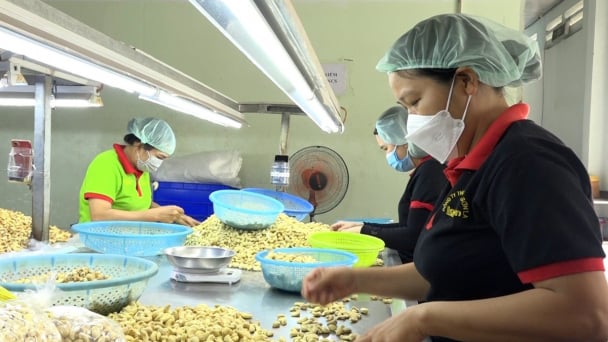
(VAN) Market expansion is a matter of survival for Vietnamese businesses amid fierce competition and global supply chain fluctuations.
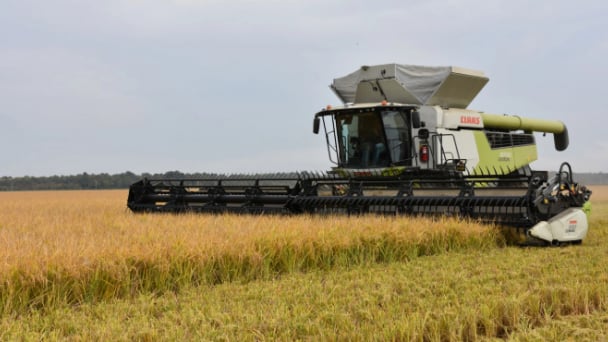
(VAN) Global market prospects for U.S. long-grain rice for the upcoming marketing year.
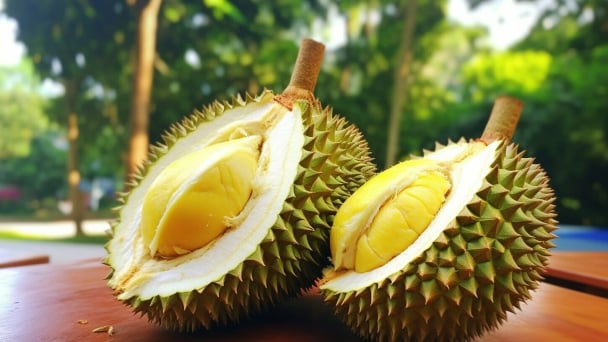
(VAN) China’s General Administration of Customs started permitting fresh durian shipments from Cambodia after a phytosanitary protocol was signed with the Cambodian Ministry of Agriculture in late April.
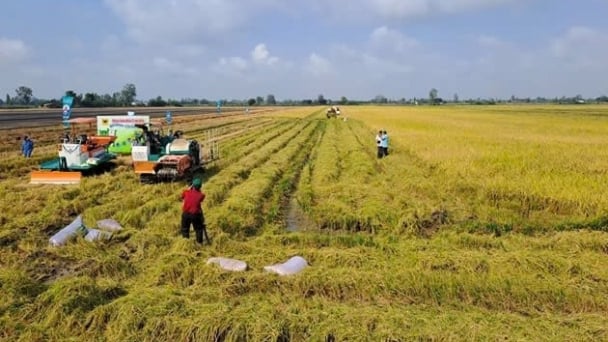
(VAN) To operate carbon market, one of the key issues is determining which types of 'commodities' meet the standards to be traded on the market.
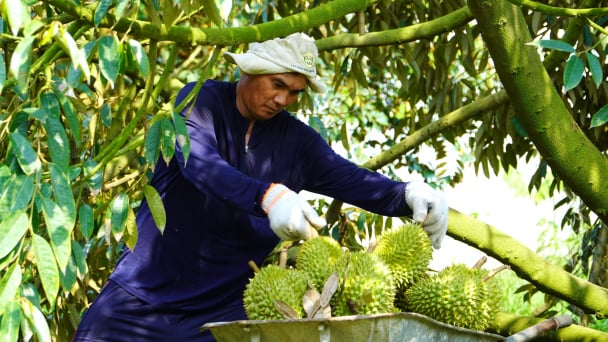
(VAN) Durian-producing localities need to coordinate more effectively with central authorities to improve the traceability, monitoring, and response systems in case of violations.